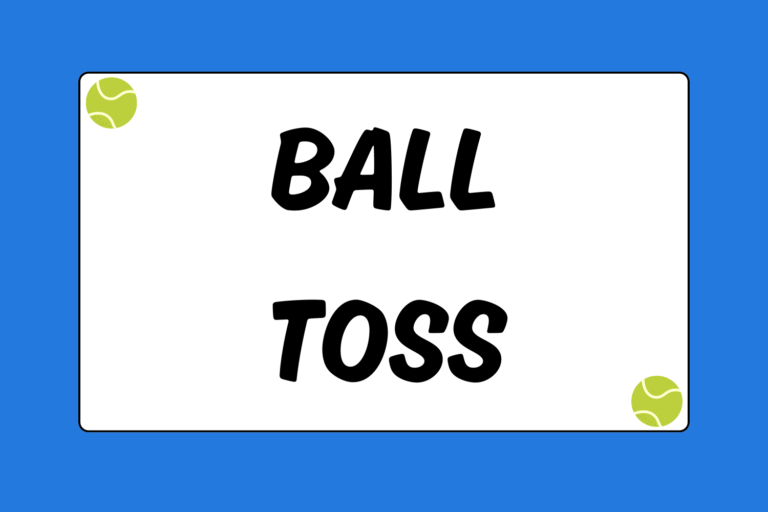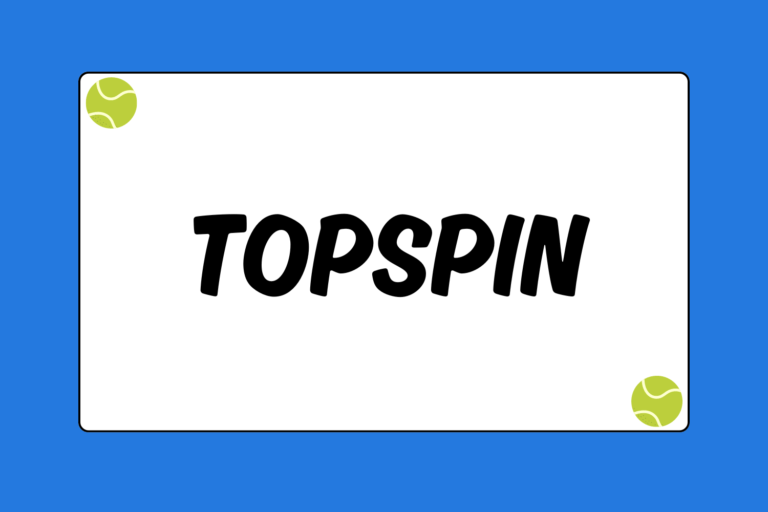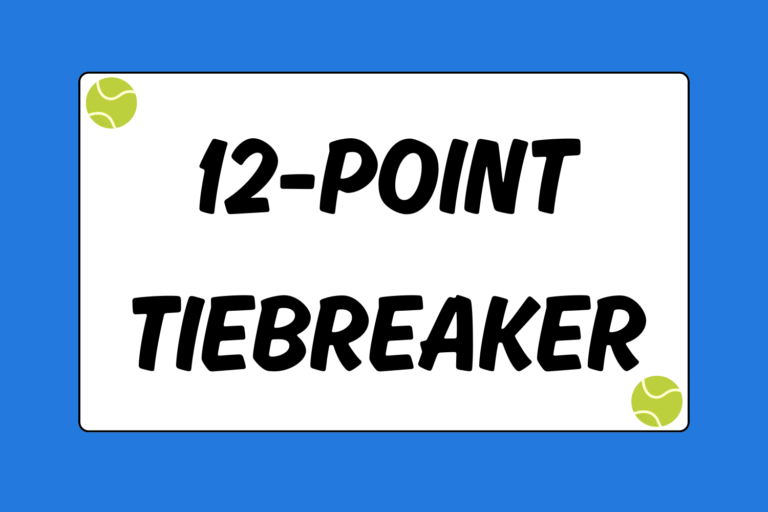Although tennis spectators are discouraged from speaking during a point, the best doubles teams never shut up. Communication is one of the most vital, yet under-practiced, qualities of a successful doubles duo. This guide outlines communication strategies that will help you stay in points and become a more formidable team.
Word on the Court
Communication goes beyond verbal interaction. The rest of this guide identifies ways to improve communication on the court:
Speak Candidly
First, you and your partner need to be open with one another. If you normally play with the same teammate, you’ll spend a great deal of your time on and off the court with him. Some teammates even joke that only their spouses rival their relationship with their doubles partner. Communication is necessary for any serious bond, so address your strengths and weaknesses — both as a team and individually — early on.
If your partner has a more dominant serve, make sure he serves first in the rotation. If you and your teammate have different dominant hands, figure out whether you like forehands down the middle or out wide. Similarly, discuss your strongest wings from the baseline and net. If your partner has a better backhand volley, and you’ve already discussed this fact, you’ll know that he should take that shot during a match when possible. If you have a powerful forehand groundstroke, you should put yourself in situations that play to this strength (i.e. which side of the court you return serves from).
Call Your Shot
You and your partner need to be vocal throughout your match. You can’t afford to lose points as both of you oafishly stare at a shot that bounces three times in the middle of the court — assuming the other person had it. Get in the habit of calling shots by either yelling “mine!” or “yours!” as the ball comes onto your side of the court. Some shots won’t necessitate a call, but make your voice heard if it’s even close to questionable.
You’ll commonly hear a “clanking” sound in a high school doubles match, as both partners swing at a ball down the middle and clash racquets mid-stroke. Generally, one player ends up making contact and the ball ends up in the net or as an easy sitter for the opponent to close out. Simply calling the shot can save you from losing silly points, which can add up over the course of a match and cost you critical opportunities.
Hot Tip: Don’t Call & Then Stall
If both you and your partner call for the shot, just go for it. This situation occurs from time to time, but it’s not a good idea to call for the shot and then watch it sail to the back fence. This indecisiveness might create confusion in the latter stages of the match, so be assertive and hope for the best. If your partner also swings, so be it —it’s better than neither of you swinging.
Signals
Aside from verbal interaction, hand signals are a great way to improve on-court communication. Mostly used for net play on service, hand signals tell the server if the net player is going to stay on his side of the court or poach on the return. To use hand signals, the net player puts one hand behind his back and flashes a predetermined sign (an open/closed fist, one finger or two, etc.). The server then knows where his teammate plans on moving after the serve, and where he should move in response.
Using hand signals, the net player can also tell the server where he wants him to place the ball on the serve — down the T or out wide. If he signals for a serve down the T, the net player will likely poach on the return, and the server will cross over to the vacant side of the court. On an out-wide serve, however, both players normally stay on their original sides and shift in the direction of the ball.
Between Points
You and your partner should communicate after every single point, even if it’s just a high five. As the match goes on, you’ll figure out your opponents’ vulnerabilities, strong points, and tendencies. Likewise, certain areas of your game might take the day off, so you’ll need to talk to your teammate and alter your approach.
Talking helps keep morale high and, more importantly, it makes the game fun. Your interest level will remain high and you’ll stay engaged throughout the match. Neither partner will want to disappoint his teammate, so you’ll play competitively while enjoying every point.
Spoken Word
Although it’s easy to overlook, on-court communication can determine your team’s success. In a game of centimeters, simply making your voice heard can be the deciding factor in a close match. While you may be able to skate by on your talent alone, great doubles teams constantly talk to one another.





